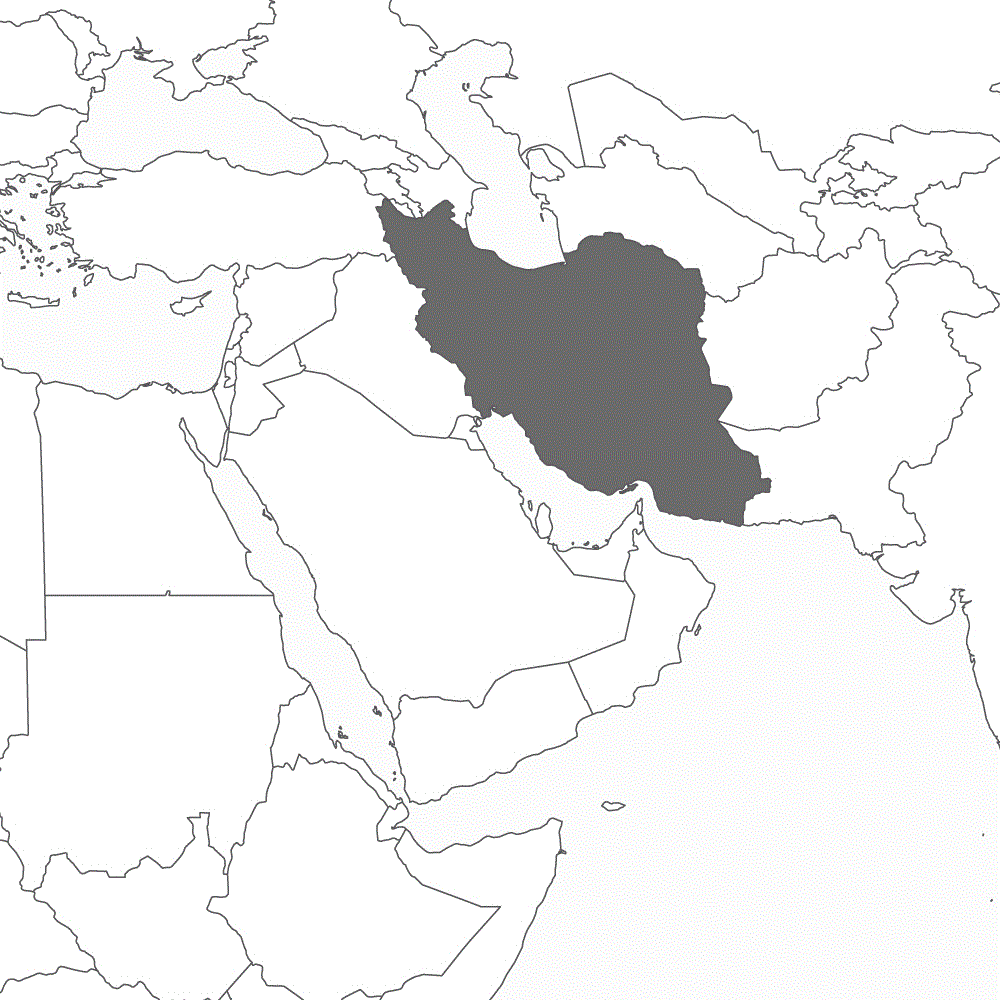BERLIN/WASHINGTON (Own report) – The United States is preparing sanctions against European companies participating in the construction of the Nord Stream 2 pipeline, according to senior US government officials. German government officials, on the other hand, predict that US sanctions will lead to a confrontation with the whole of the EU. “We will do everything necessary to complete the pipeline.” At the same time, the power struggle over the participation of the Chinese Huawei Corporation in setting up the 5G grid in Germany and the EU is escalating. After the German government indicated that it would not exclude, a priori, Huawei, the US ambassador in Berlin is threatening to reduce cooperation between the two countries’ intelligence services. US President Donald Trump is also considering calling on countries to pay the full cost of stationing US forces on their soil, plus 50 percent more. German government advisors are pleading for a “policy of ‘softer’ or ‘more robust’ countervailing power formation.” Europe’s “strategic autonomy” is at the core of this power struggle. Continue reading





